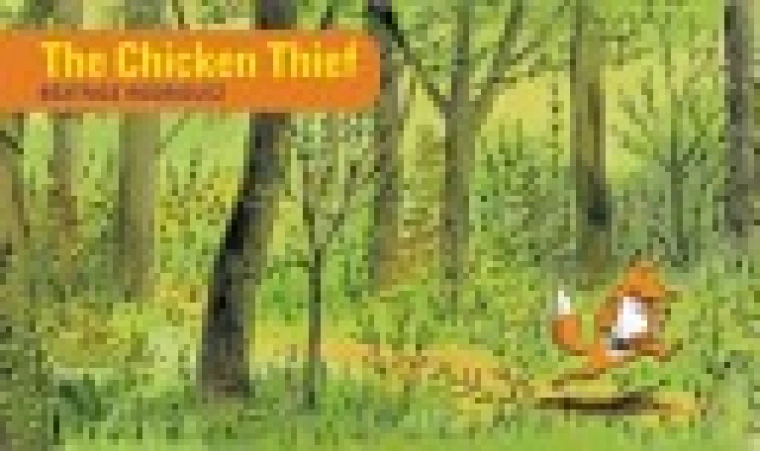The Chicken Thief
In this wordless story that is both funny and sweet, a fox steals a hen away from her home. Bear, rabbit, and rooster give chase, but in a twist on the usual children's story, this fox is not a villain. Rather, he tenderly holds hen as he runs into the night. A funny and life-affirming story, "The Chicken Thief" defies expectations, enlivening the mind with its cleverness while going straight for the heart. This intelligent and charming book is great for all ages. A love story, a road movie, and a playful speculation on stereotypes and misconceptions, "The Chicken Thief" makes for an unforgettable reading experience! Beatrice Rodriguez was born in 1969. She received her degree from the School of Decorative Arts in Strasbourg, France, and works today as an illustrator, creating children's books as well as pictures for the press. She lives in France.
9781592700929
Age:
Primary (ages 6-9)
Region:
France

